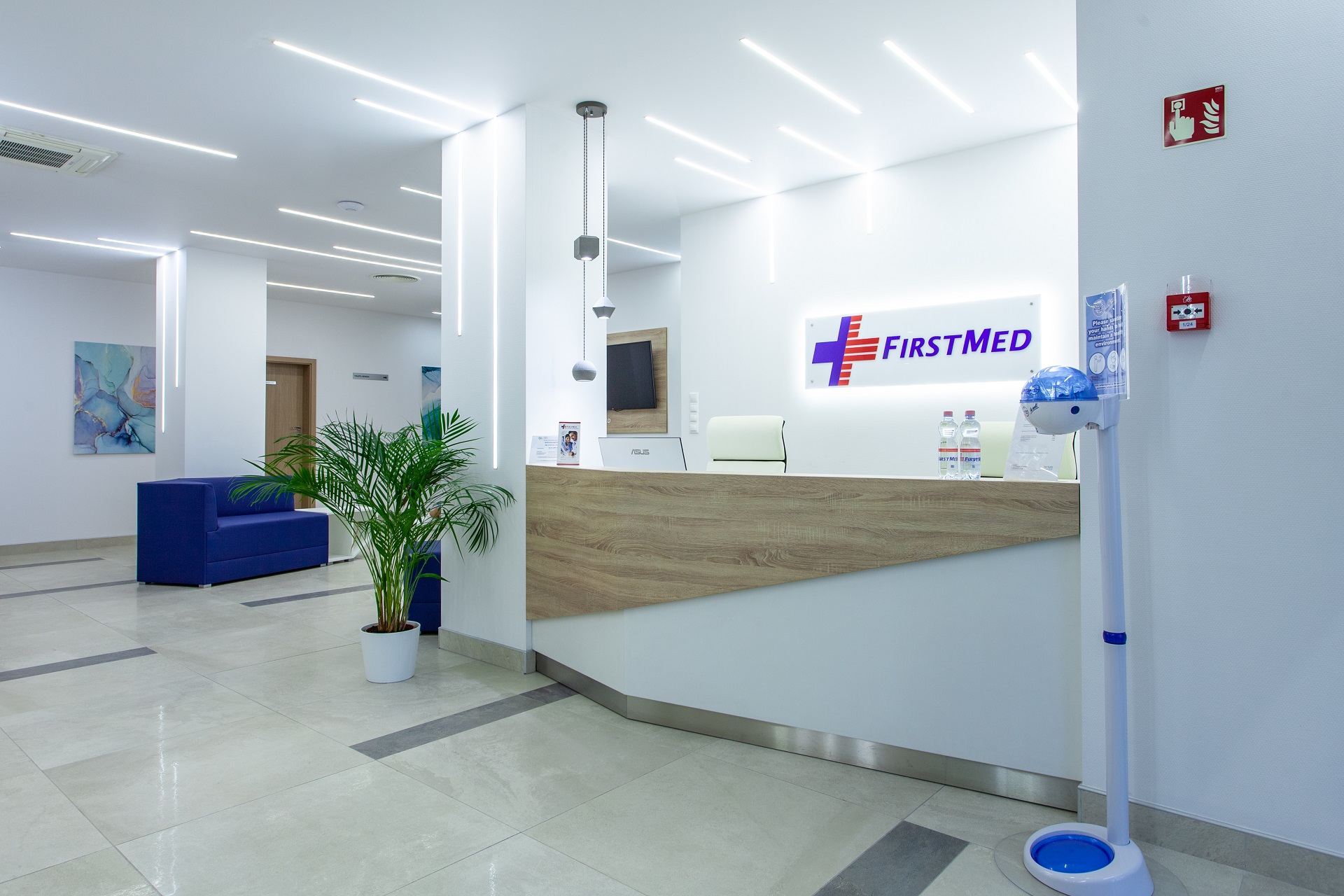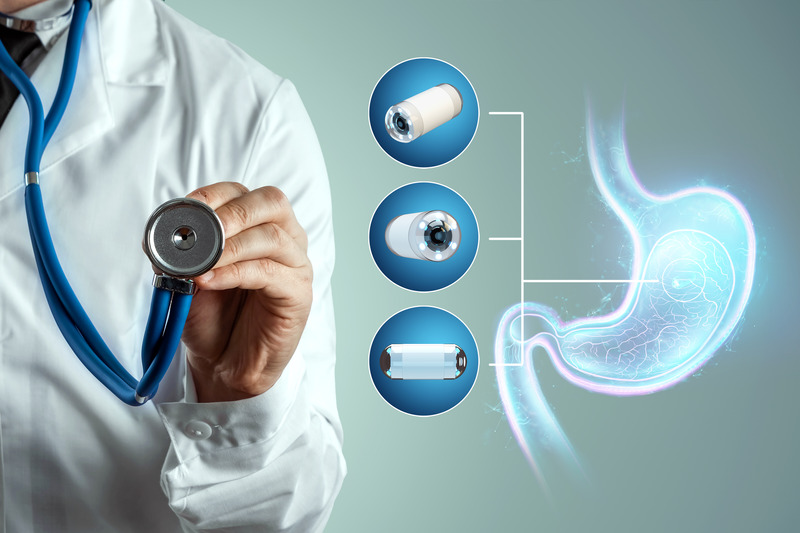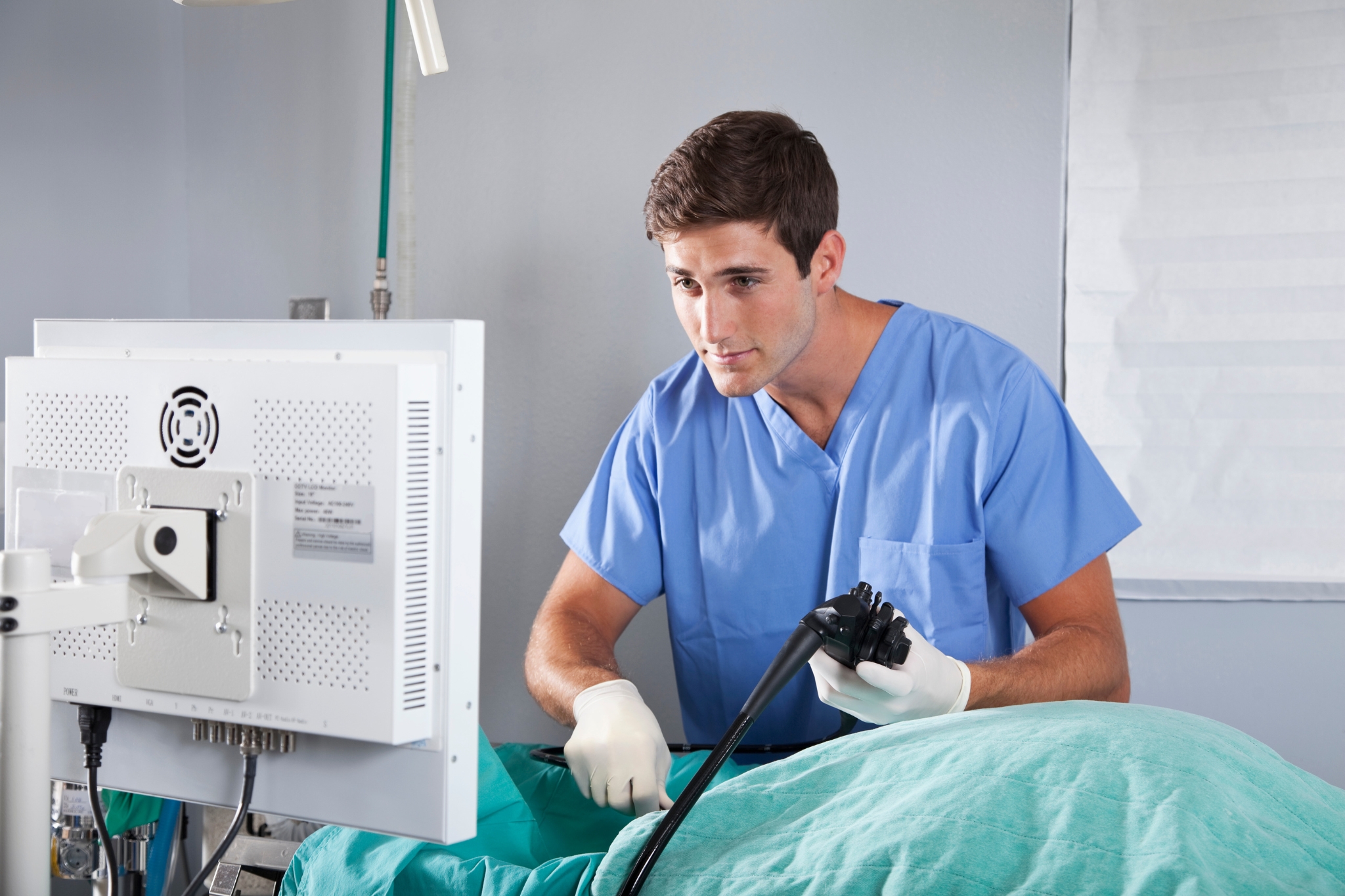
Endoscopy Center
Screening helps prevent gastrointestinal and colorectal cancer by finding precancerous polyps (abnormal growths) so they can be removed before they turn into cancer.
Don’t wait for symptoms to be checked. If you’re 45 or older or at average risk of colon cancer, see your doctor and get screened! We provide a first-class colonoscopy service to investigate problems in the bowel and diagnose conditions affecting the colon.







